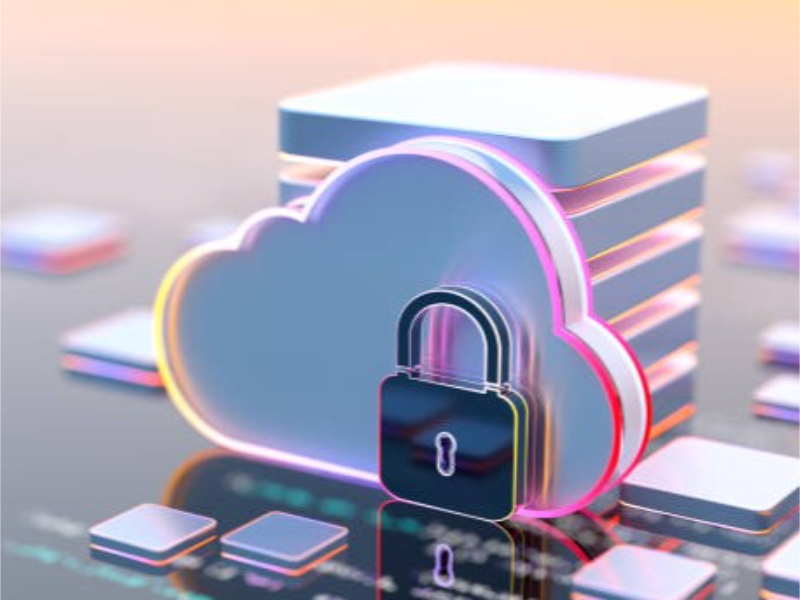- Encrypting wireless data ensures that sensitive information remains secure and private from cyber threats.
- Encrypted wireless connections protect both personal and professional data, enhancing overall network security.
In our increasingly connected world, the security of wireless data transmission has become a paramount concern. The convenience of wireless networks comes with significant risks, making it essential to implement robust security measures. One such measure is encryption. This blog explores what encryption is and why it is crucial for securing wireless data.
Understanding wireless data encryption
Encryption is the process of converting information into a code to prevent unauthorised access. In the context of wireless data, encryption ensures that the data transmitted over a network is secure and can only be accessed by those with the correct decryption key. Wireless data encryption protects against eavesdropping and tampering, providing a secure channel for data transmission.
Common encryption protocols include WEP (Wired Equivalent Privacy), WPA (Wi-Fi Protected Access), and WPA2. WPA2 is currently the most secure, offering advanced encryption standards (AES) that ensure robust protection. These protocols encrypt the data traveling between a device and the wireless router, safeguarding it from cyber threats.
Also read: Private wireless network vs WIFI
Also read: Ethernet dedicated lines vs. wireless networks
Reasons to encrypt wireless data
1. Protecting sensitive information: Preventing data breaches
Encryption is crucial for protecting sensitive information such as passwords, financial details, and personal data. In an unencrypted network, hackers can easily intercept data packets, leading to potential data breaches. Encrypting wireless data ensures that even if intercepted, the information remains unreadable and unusable to unauthorised parties.
2. Ensuring privacy: Safeguarding personal and professional data
Encryption helps maintain the privacy of both personal and professional communications. For individuals, it means protecting personal conversations and data from prying eyes. For businesses, it involves securing proprietary information, client data, and internal communications. This is particularly important for remote workers accessing corporate networks from various locations.
3. Enhancing network security: Preventing unauthorised access
An encrypted network prevents unauthorised access by ensuring that only devices with the correct credentials can connect. This is vital for maintaining network integrity and preventing cybercriminals from exploiting network vulnerabilities. Encrypted networks provide a first line of defense against hacking attempts and unauthorised intrusions.
4. Compliance with regulations: Meeting legal standards
Many industries are subject to regulations that require the protection of sensitive data. Healthcare, finance, and government sectors, in particular, must comply with strict data protection standards. Encryption is often a mandatory measure to ensure compliance with these regulations, thereby avoiding legal repercussions and enhancing the organisation’s reputation.
5. Mitigating risks of public wi-fi: Secure connections on the go
Public Wi-Fi networks are notoriously insecure, making them a prime target for cybercriminals. Encrypting data before transmitting it over public Wi-Fi ensures that sensitive information remains protected, even on unsecured networks. Using Virtual Private Networks (VPNs) in conjunction with encryption provides an additional layer of security, creating a secure tunnel for data transmission.

